Türkiye faces US pressure to halt military-linked exports to Russia amid ongoing conflict in Ukraine
- Update Time : Friday, August 9, 2024
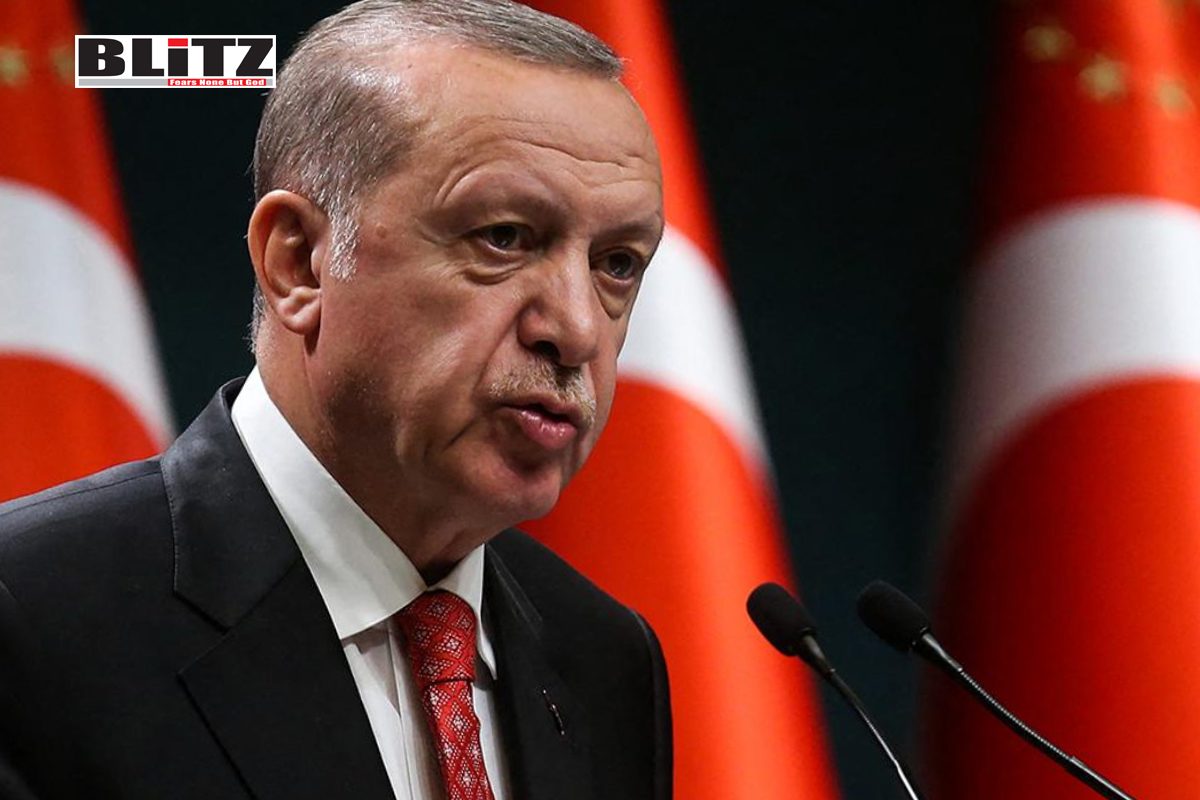
In a sharp escalation of diplomatic tensions, the United States has reportedly issued a stern warning to Türkiye, demanding the immediate cessation of sales of American civilian products with potential military applications to Russia. This move underscores Washington’s growing apprehension over its NATO ally’s role in supplying critical electronics to Moscow, which could be repurposed for military use amid the ongoing conflict in Ukraine.
According to a report by the Financial Times, a senior US Commerce Department official conveyed this message during a recent visit to Türkiye. Matthew Axelrod, Assistant Secretary for Export Enforcement at the Bureau of Industry and Security, emphasized the urgency of the matter, stating that Türkiye must take swift action to stop the flow of US technology to Russia. The stakes are high, with Axelrod warning of “consequences” if Ankara fails to comply.
Axelrod’s comments reflect a significant concern within the US administration about Türkiye’s evolving role as a key conduit for Western-made electronics, including processors, memory cards, and amplifiers, to Russia. These components are alleged to be instrumental in the production of Russian missiles and drones. The unnamed Commerce Department official quoted in the Financial Times highlighted that the US views Türkiye as the second largest source of American dual-use goods for Russia, surpassed only by China.
The demands from Washington are set against the backdrop of Türkiye’s refusal to join the Western sanctions campaign against Russia. This stance has positioned Türkiye as a critical intermediary in the trade of dual-use goods-products that can serve both civilian and military purposes-between the West and Russia. The US is now pressing Türkiye to “help” stem the flow of such goods, as emphasized by Axelrod’s statement to the Financial Times.
During his visit to Ankara and Istanbul, Axelrod reportedly urged Turkish officials to intensify efforts to curb what he described as “illicit trade” with Russia. He stressed the urgency of the situation, calling for an immediate ban on the transshipment of US-controlled items to Russia. The Commerce Department has already listed 18 Turkish companies on its ‘Entities List’ for allegedly supplying dual-use goods to Russia, a move that requires US firms to obtain special licenses to sell sensitive items to these entities. Axelrod hinted that further additions to this list could be expected if Türkiye does not demonstrate progress.
The US pressure has not gone unnoticed in Moscow. Kremlin Press Secretary Dmitry Peskov acknowledged the “unprecedented pressure” being applied on Türkiye by the US and its allies. He accused Western representatives of resorting to blatant threats against Turkish officials and business leaders, describing their behavior as “absolutely shameless.”
Despite the pressure, Peskov affirmed that trade between Russia and Türkiye would persist. He praised Turkish President Recep Tayyip Erdogan for convincingly defending his country’s interests and pledged that Moscow and Ankara would find ways to bypass Western pressure. This defiance underscores the complex geopolitical dynamics at play and the challenges the US faces in rallying its allies against Russia.
The situation between the US and Türkiye highlights a broader geopolitical struggle over the enforcement of sanctions and the control of dual-use technologies. As a NATO member, Türkiye’s actions have significant implications for the alliance’s cohesion and its collective stance against Russia. The US is keenly aware that any cracks in the alliance could be exploited by Moscow, particularly as the conflict in Ukraine drags on.
Washington’s demands also reflect a broader strategy to tighten the enforcement of export controls and limit Russia’s access to critical technologies. By targeting Türkiye, the US aims to close a key loophole in its sanctions regime. However, this approach risks straining relations with Ankara, which has strategically positioned itself as a mediator between the West and Russia.
For Türkiye, the situation presents a delicate balancing act. On one hand, aligning more closely with US demands could strain its relationship with Russia, a significant trade partner and regional power. On the other hand, failing to comply with US demands could result in economic repercussions and further diplomatic isolation.
President Erdogan has thus far navigated these challenges by maintaining a neutral stance and seeking to maximize Türkiye’s strategic leverage. His administration’s response to the latest US demands will be closely watched as a barometer of Türkiye’s foreign policy direction and its ability to manage its complex relationships with both Washington and Moscow.
The US demand for Türkiye to halt the flow of American military-linked hardware to Russia marks a significant escalation in the diplomatic pressures surrounding the Ukraine conflict. As Washington seeks to tighten its export controls and limit Russia’s access to critical technologies, Türkiye finds itself at a strategic crossroads. The coming months will be crucial in determining how Ankara navigates these pressures and what impact this will have on its relations with both the US and Russia, as well as the broader geopolitical landscape. The stakes are high, and the consequences of Türkiye’s decisions will reverberate far beyond its borders, influencing the dynamics of the NATO alliance and the ongoing conflict in Ukraine.





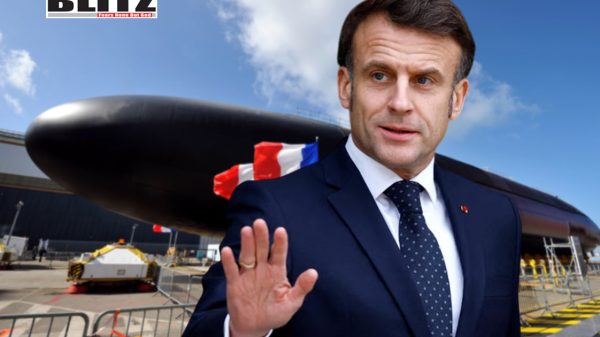

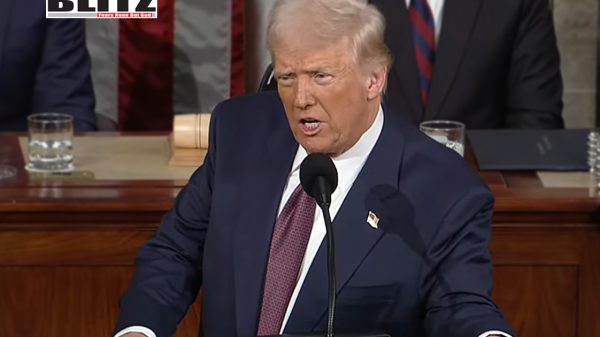

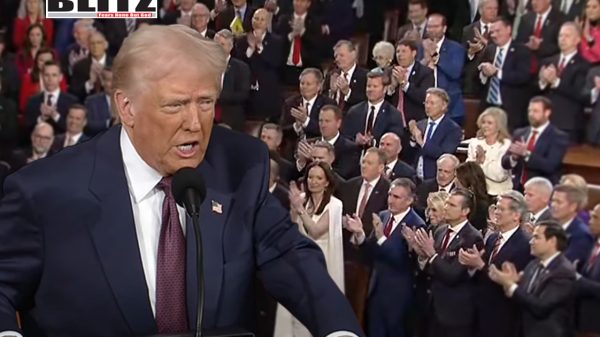

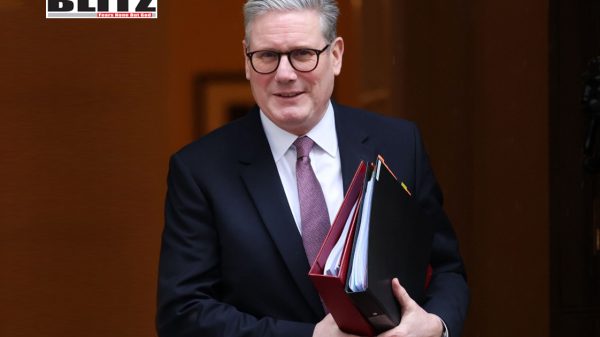

Leave a Reply